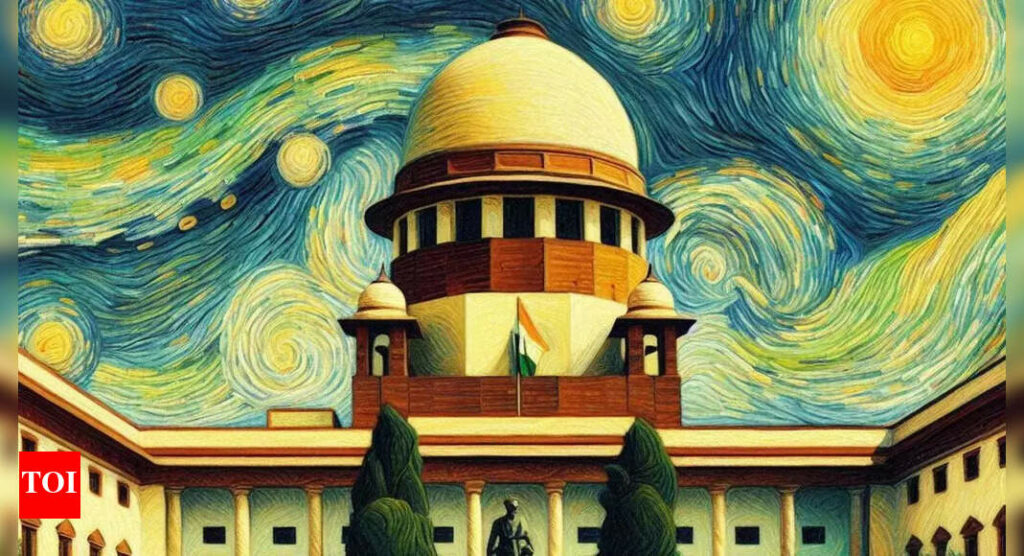New Delhi: Ruling that right to digital access is an intrinsic part of the fundamental right to life and liberty, Supreme Court Wednesday said it is a constitutional imperative for the Centre and its authorities to bridge the digital divide faced by large sections of the country’s rural population, senior citizens, economically weaker communities, linguistic minorities and differently-abled persons.
SC passed a slew of directions to revise the current KYC process for visually- and hearing-impaired users, and to develop alternative formats – including Braille and voice-enabled services – to ensure accessibility for all.
Digital transformation must be inclusive, equitable: SC
At this juncture, we may also wish to observe that in the contemporary era, where access to essential services, governance, education, healthcare and economic opportunities is increasingly mediated through digital platforms, the right to life under Article 21 of the Constitution must be reinterpreted in light of these technological realities. The digital divide — characterised by unequal access to digital infrastructure, skills, and content — continues to perpetuate systemic exclusion, not only of persons with disabilities, but also of large sections of rural populations, senior citizens, economically weaker communities, and linguistic minorities. The principle of substantive equality demands that digital transformation be both inclusive and equitable,” Supreme Court said.
Justice R Mahadevan, who penned the verdict for the bench also comprising Justices J B Pardiwala, on petitions filed by two acid attack victims who suffer facial disfigurement and 100% blindness, said that true inclusion requires that technological advancements accommodate the diverse needs of all citizens, thereby fostering an environment where no individual is left behind. The petitioners alleged that they are facing difficulties in completing the digital KYC/e-KYC process due to their inability to click a “live photograph” by blinking and which has prevented them from opening a bank account and purchasing a SIM card from the telecom providers.
Allowing their plea, the bench directed govt authorities including RBI to issue guidelines to adopt alternative modes for verifying the “liveness” or capturing a “live photograph” of the customers for the purpose of conducting digital KYC to ensure inclusivity and user-convenience. It also ordered them to continue with the paper-based KYC process.
“Bridging the digital divide is no longer merely a matter of policy discretion but has become a constitutional imperative to secure a life of dignity, autonomy and equal participation in public life. Right to digital access, therefore, emerges as an intrinsic component of right to life and liberty, necessitating that State proactively design and implement inclusive digital ecosystems that serve not only privileged but also the marginalised, those who have been historically excluded,” it said.







